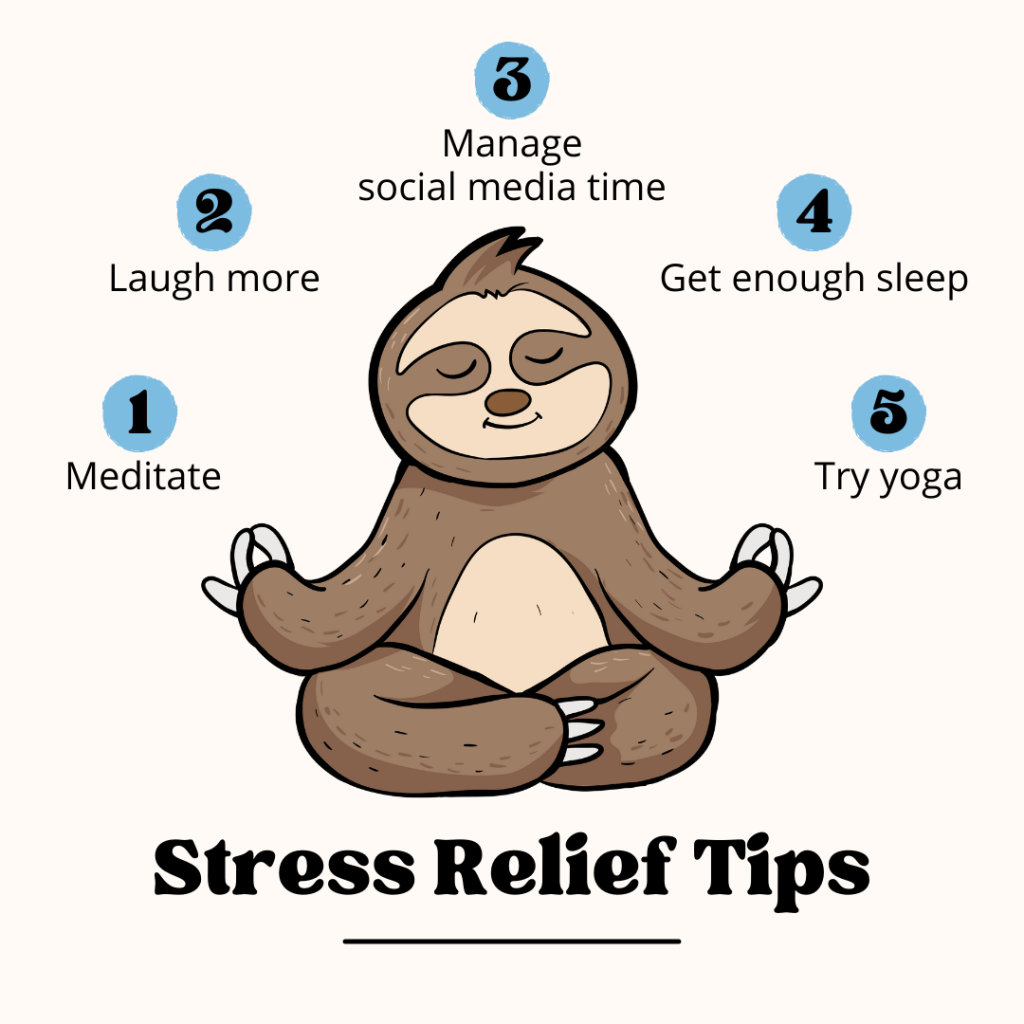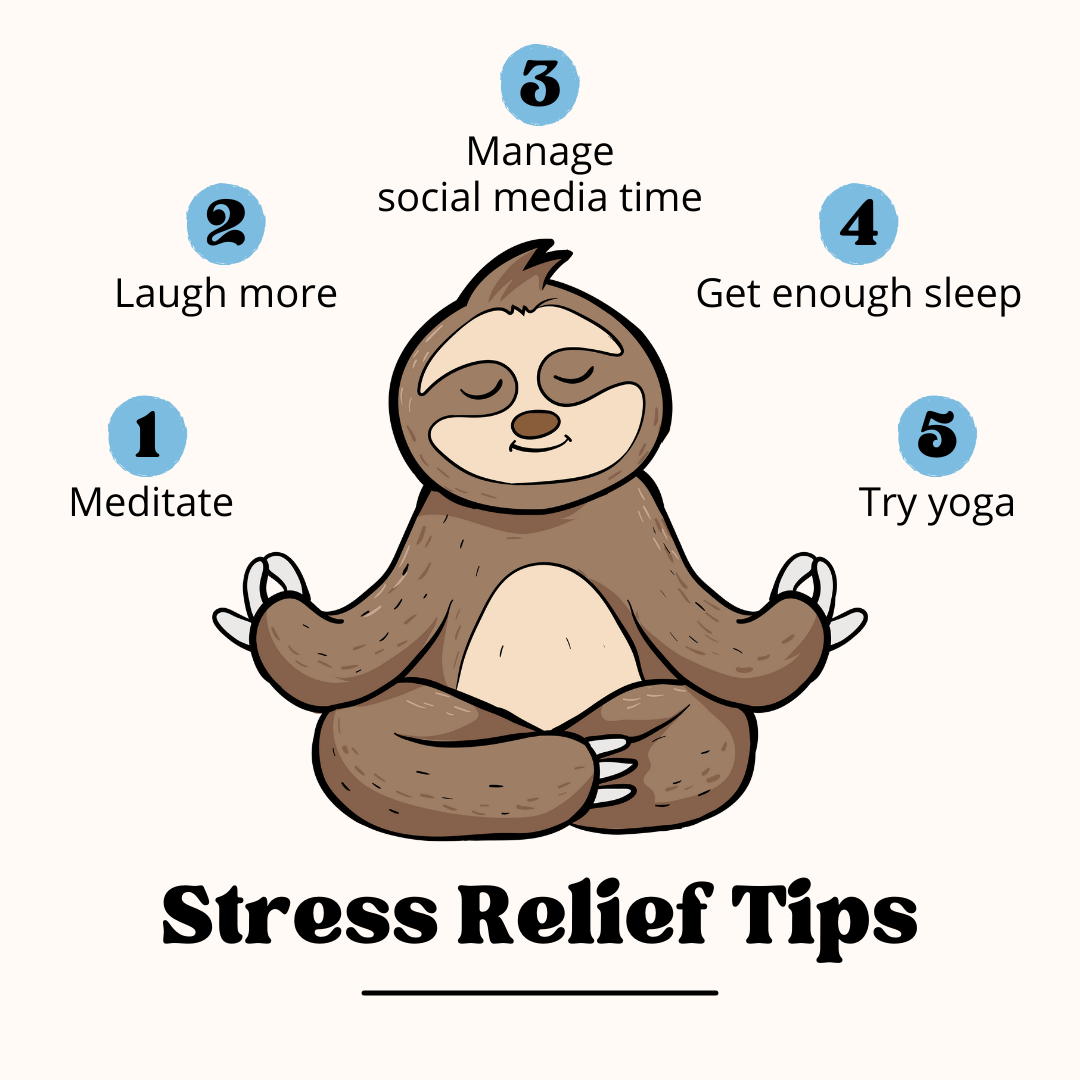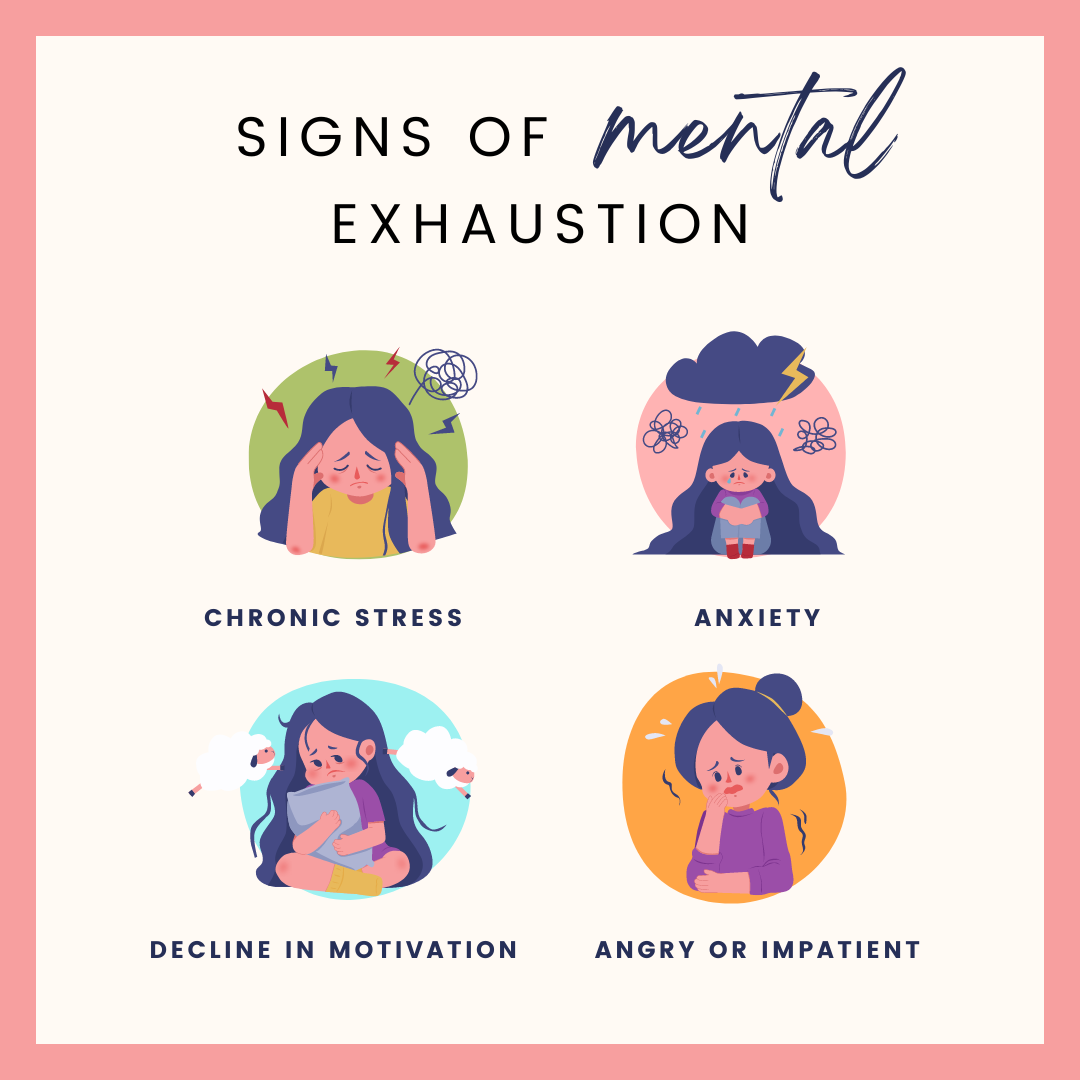In today’s fast-paced world, feelings of overwhelm and stress are all too common. However, navigating stress effectively is crucial for maintaining mental health and overall well-being. By implementing practical strategies, individuals can transform feelings of overwhelm into opportunities for growth and resilience.
- Mindfulness and Meditation: Incorporating mindfulness practices into daily routines can help individuals manage stress more effectively. Taking time to pause, breathe, and focus on the present moment can reduce anxiety and promote feelings of calmness and clarity. Simple meditation techniques, such as deep breathing exercises or guided visualization, can be powerful tools for grounding oneself during times of stress.
- Healthy Lifestyle Choices: Engaging in regular exercise, eating a balanced diet, and prioritizing adequate sleep are foundational pillars of stress management. Physical activity releases endorphins, natural mood elevators that help combat stress and boost overall well-being. Additionally, nourishing the body with nutritious foods and ensuring sufficient restorative sleep contribute to resilience in the face of stressors.
- Effective Time Management: Feeling overwhelmed often stems from a perceived lack of control over one’s time and responsibilities. Implementing effective time management strategies, such as prioritizing tasks, breaking larger projects into smaller, manageable steps, and setting realistic deadlines, can help individuals regain a sense of control and reduce stress levels.
- Setting Boundaries: Learning to say no and setting healthy boundaries is essential for managing stress and preventing burnout. Recognizing one’s limits and prioritizing self-care is not selfish but necessary for maintaining overall well-being. Setting boundaries around work, social commitments, and personal time ensures that individuals have the space and energy to recharge and focus on their needs.
- Seeking Support: It’s important to recognize when stress becomes overwhelming and seek support from friends, family, or mental health professionals. Talking openly about feelings of stress and seeking guidance from trusted individuals can provide perspective and validation. Additionally, therapy or counseling can offer valuable tools and strategies for coping with stress and building resilience.
By incorporating these practical strategies into daily life, individuals can shift from feelings of overwhelm to a mindset of overcoming challenges with resilience and strength. By prioritizing self-care, fostering healthy habits, and seeking support when needed, individuals can effectively manage stress and thrive in the face of life’s pressures.



